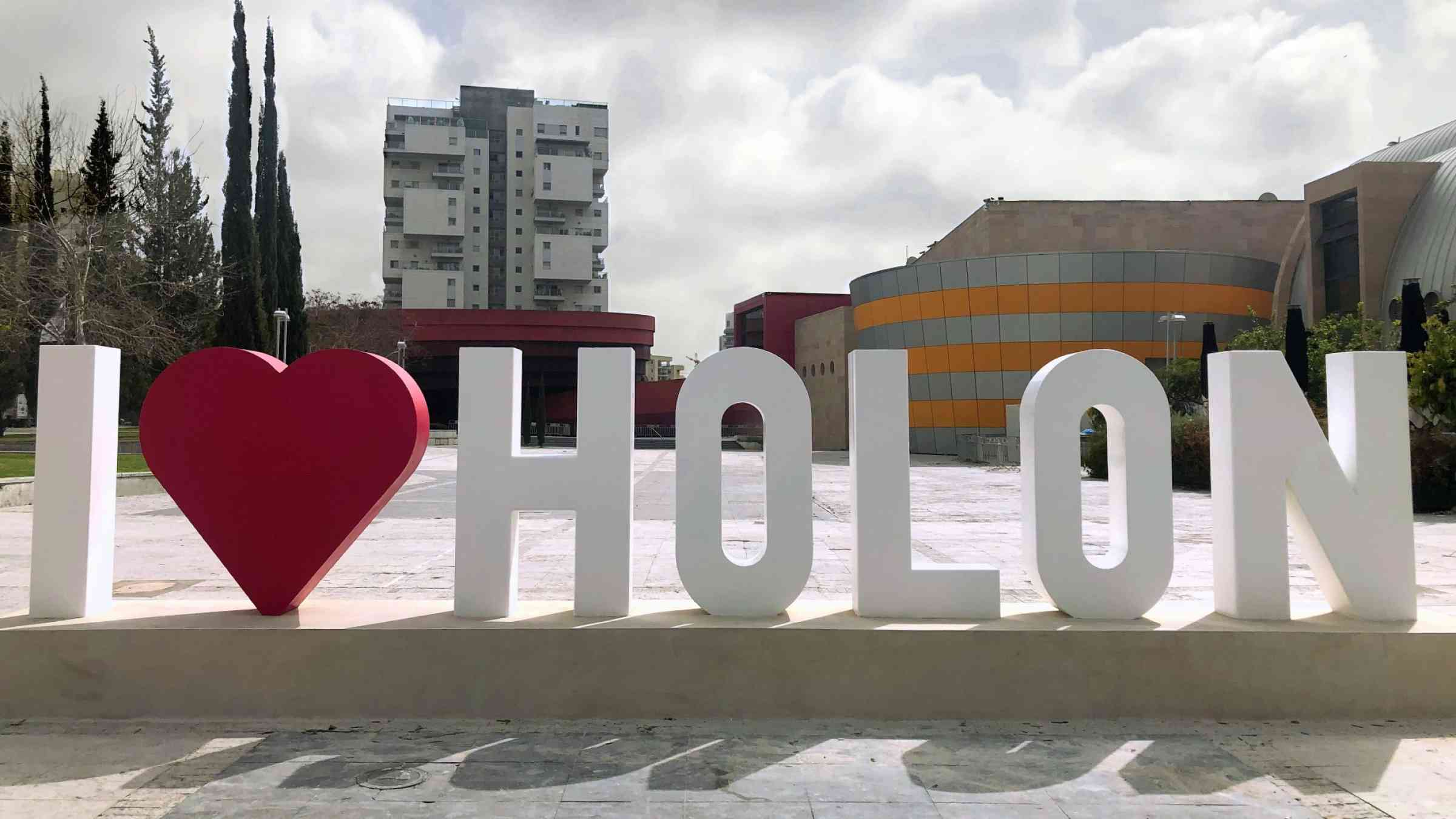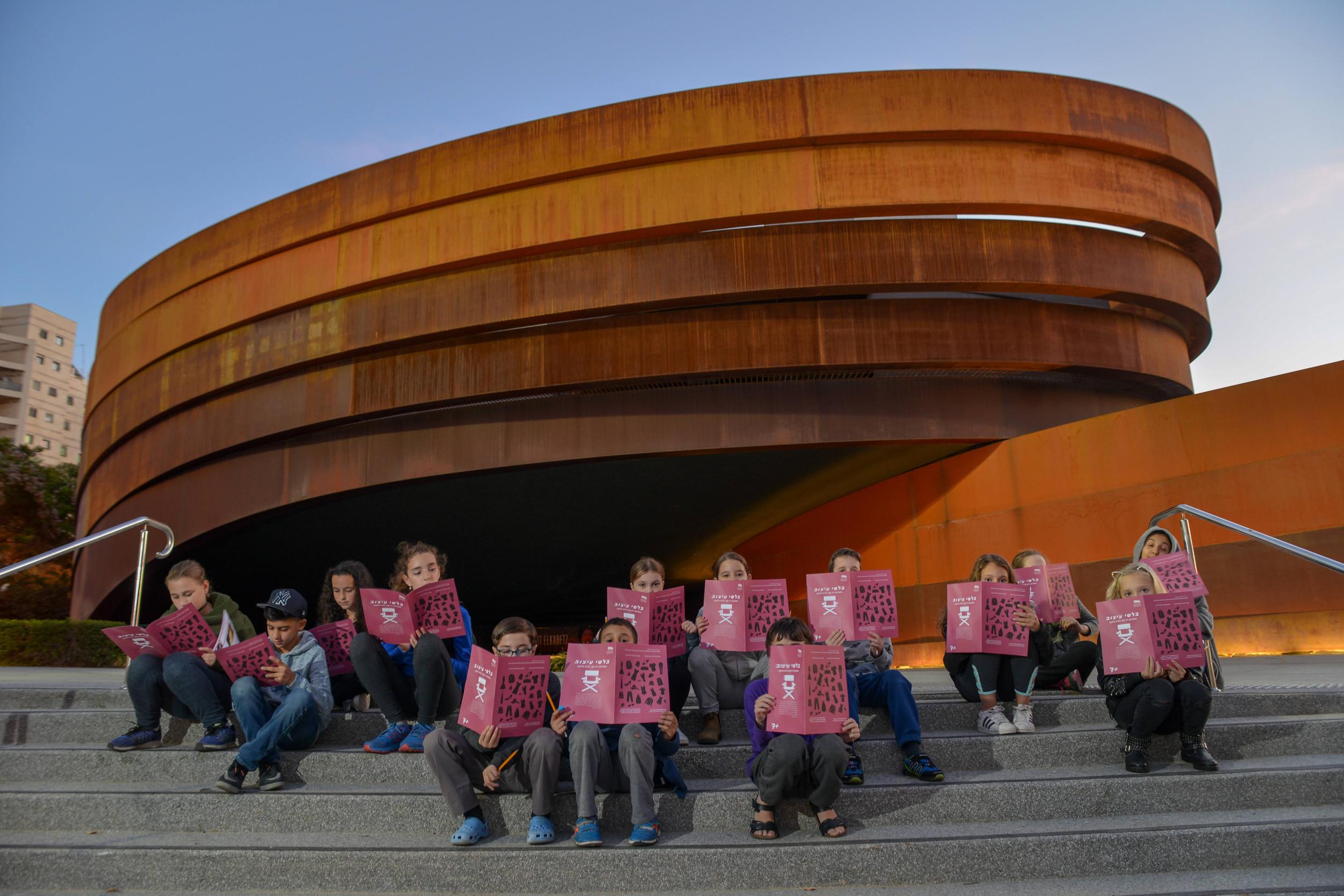Mayor Moti Sasson of Holon meets UN Special Representative for Disaster Risk Reduction

The city of Holon becomes the first Israeli city recognized as a Resilience Hub and commits to sharing its DRR experience and expertise with other municipalities around the world.
The Israeli city of Holon has become a Resilience Hub in the MCR2030 network in recognition of its leading role in disaster risk reduction, officials announced after a meeting between Holon Mayor Moti Sasson and the United Nations Special Representative to the Secretary General for Disaster Risk Reduction, Ms. Mami Mizutori.
Resilience Hubs serve as models for other cities in the network, sharing best practices and experience in order to improve urban resilience globally. During their meeting, Mr. Sasson and Ms. Mizutori discussed the city's efforts to reduce the risk of disasters and improve resilience of its infrastructure and citizens.
As a city with 200,000 inhabitants and the second-largest industrial zone in the country, Holon is vulnerable to extreme weather events, having suffered from flooding in the past. Its appointment as a Resilience Hub is recognition of its efforts to address the challenges of urbanization, disaster risk reduction, climate change, and social and economic inclusion.
"Holon is committed to establishing itself as a Resilience Hub and supporting the MCR2030 community," Mr. Sasson said. "We will continue to work hard to enhance our resilience capabilities and the preparedness of our population for emergencies."
He highlighted the city's initiatives to address the challenges of climate change, including the development of green spaces, the promotion of sustainable transport, and the implementation of stringent building codes.
Holon’s main priority for emergency management is to guarantee the functional continuity of key services and infrastructure, and to enable a fast recovery in the event of any disaster. The municipality has six administrative units, each taking different roles in managing emergencies. Each unit has well-established emergency plans and procedures, which are practiced regularly with the civilian population. Every school in the city conducts four emergency exercises per year under the municipality’s supervision.

To promote social and economic inclusion, Holon established neighborhood community centers that provide a space for people to connect. The centers support low income populations through fundraising activities and the distribution of food packages. The municipality also prioritizes urban renewal projects in underprivileged areas to improve living conditions and reduce disaster risk.
"As the first city in Israel to be recognized as an MCR2030 hub, Holon is obligated to share its resilience methodologies with other cities. We believe that the development of resilience capabilities is an ongoing multidisciplinary process that requires the integral participation of all municipal entities,” Mr. Sasson said.
“Due to its complexity, urban mechanisms must be developed in a way that guarantees their effective communication, joint work and synergy. This duty is a challenge that is faced by many cities worldwide and Holon is honored to join the MCR2030 community in order to support the common work on these challenges," he added.
Ms. Mizutori praised Holon's proactive approach to disaster risk reduction and commended the city's leadership in this area. She emphasized that local authorities play a vital role in implementation of the Sendai Framework for Disaster Risk Reduction at grassroots level and pledged United Nations’ support for these efforts.

